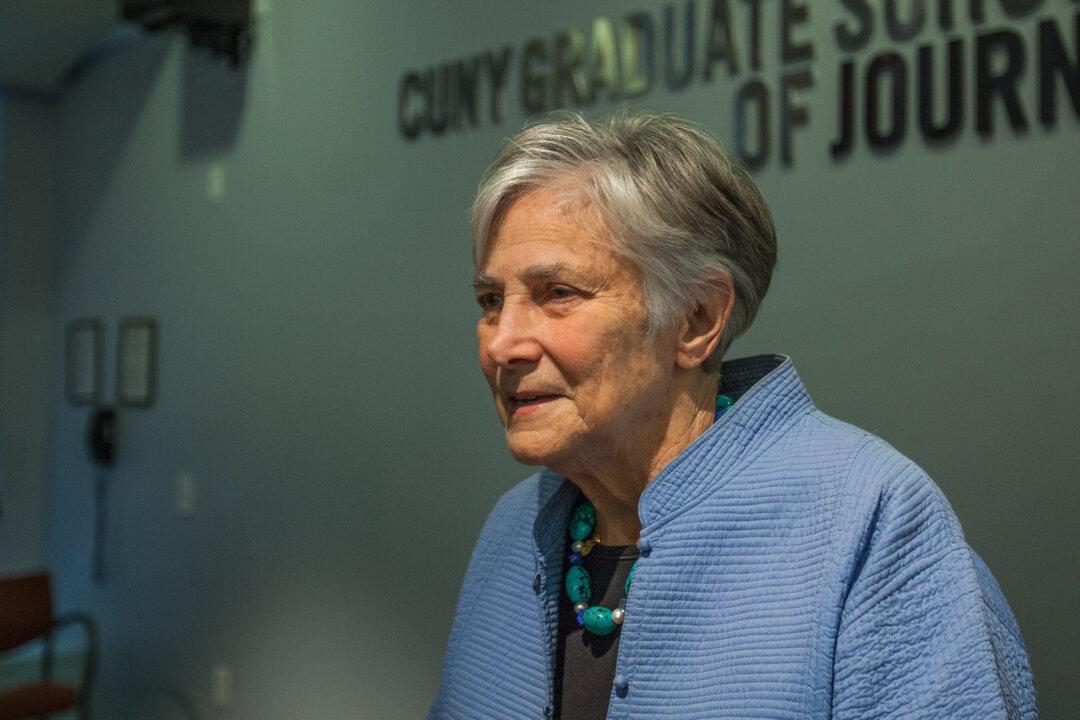NEW YORK—What Diane Ravitch and Joel Klein agree on regarding education? Not much one may assume.
Ravitch, education historian and former education adviser to President George W. Bush, used to be an advocate of the current brand of education reform, but experienced a change of heart several years ago.
Now she believes the nation is obsessed with standardized tests, warns against handing over public education to the private sector through charter schools, and criticizes former Mayor Michael Bloomberg for closing almost 200 schools.
Klein, chief executive officer of the education division of News Corp. and former Schools Chancellor under Bloomberg, believes in standardized testing, promotes handing over public education to the private sector through charter schools, and praises former Mayor Michael Bloomberg for closing almost 200 schools.
Both had a chance to give an update on their views on Dec. 3.
Ravitch spoke at CUNY Graduate School of Journalism about education data abuse in the morning, while Klein discussed his new book at a Manhattan Institute event in the early afternoon.






